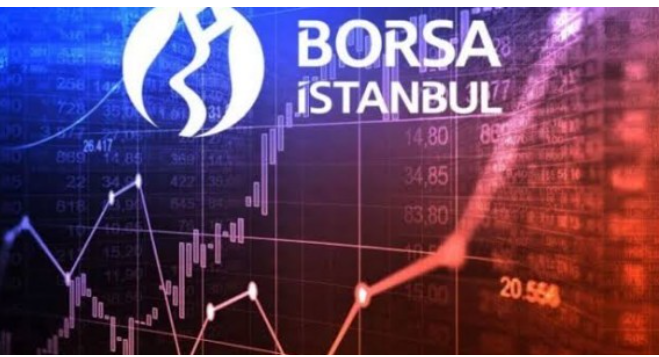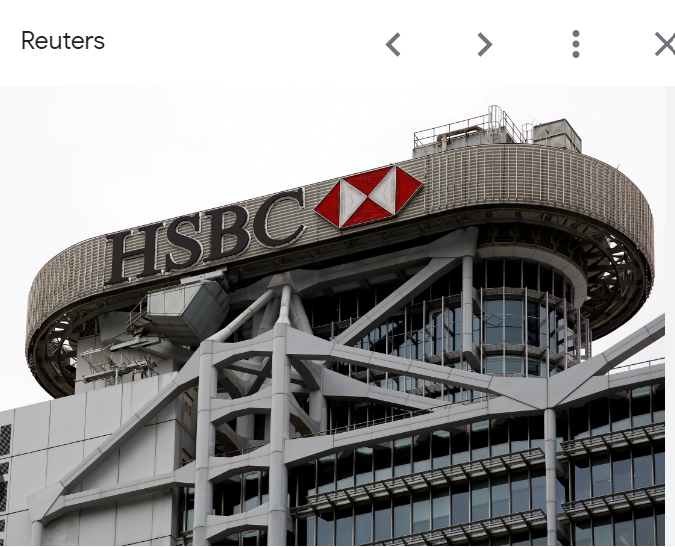HSBC: The recent downdraught in equities is a buying opportunity
 borsa yon
borsa yon
The Turkish equity market has seen a sharp decline through the summer period of global macro volatility. There could however also be a local dimension; much of the macro rebalancing has been achieved through tighter monetary policy rather than tighter fiscal policy, which has led to significant real exchange rate appreciation. We do not see any immediate likelihood of this reversing, but a more elevated real exchange rate presents new equity market risks – equity investors often become more cautious when FX risk premia rise. That said, our FX team believe that the TRY outlook remains positive.
It is interesting to compare Turkish macro stabilisation with other programs, for example the Argentine 1991 Convertibility Plan and the 1994 Brazilian Real Plan. In both of the latter, fixed or managed exchange rates led to substantial real exchange rate appreciation and significant competitiveness deterioration and associated pressure on the countries’ respective current account. Both plans ended with heavy currency depreciation. In Türkiye, with a floating currency, the real exchange rate may have appreciated sharply recently, but it is hardly overvalued by historical standards and the current account position is improving.
For equities, we think that the recent downdraught is a buying opportunity. The stabilisation program remains on track, growth is slowing, the current account deficit has fallen and inflation is coming down. The weak point on growth is likely to be in H2 this year, with a reacceleration in 2025. Interest rates should also decline steeply next year. We believe the inflation-output trade-off has scope to be very positive.
On liquidity, there is a school of thought which argues that tighter domestic monetary policy could reduce the domestic attractions of Turkish equities. We think this is unlikely; in our view, the single most important variable influencing EM equity behaviour is FX and where monetary policy is simply transitioning from unorthodox to conventional in order to stop sustained exchange rate depreciation, it is much more likely that this will have a positive influence on equity behaviour. Valuations are cheap in absolute terms and also relative to long-term history.
Excerpt from HSBC EM Report GEMs Equity Strategy Quarterly
Follow our English language YouTube videos @ REAL TURKEY: https://www.youtube.com/channel/UCKpFJB4GFiNkhmpVZQ_d9Rg
And content at Twitter: @AtillaEng
Facebook: Real Turkey Channel: https://www.facebook.com/realturkeychannel/





